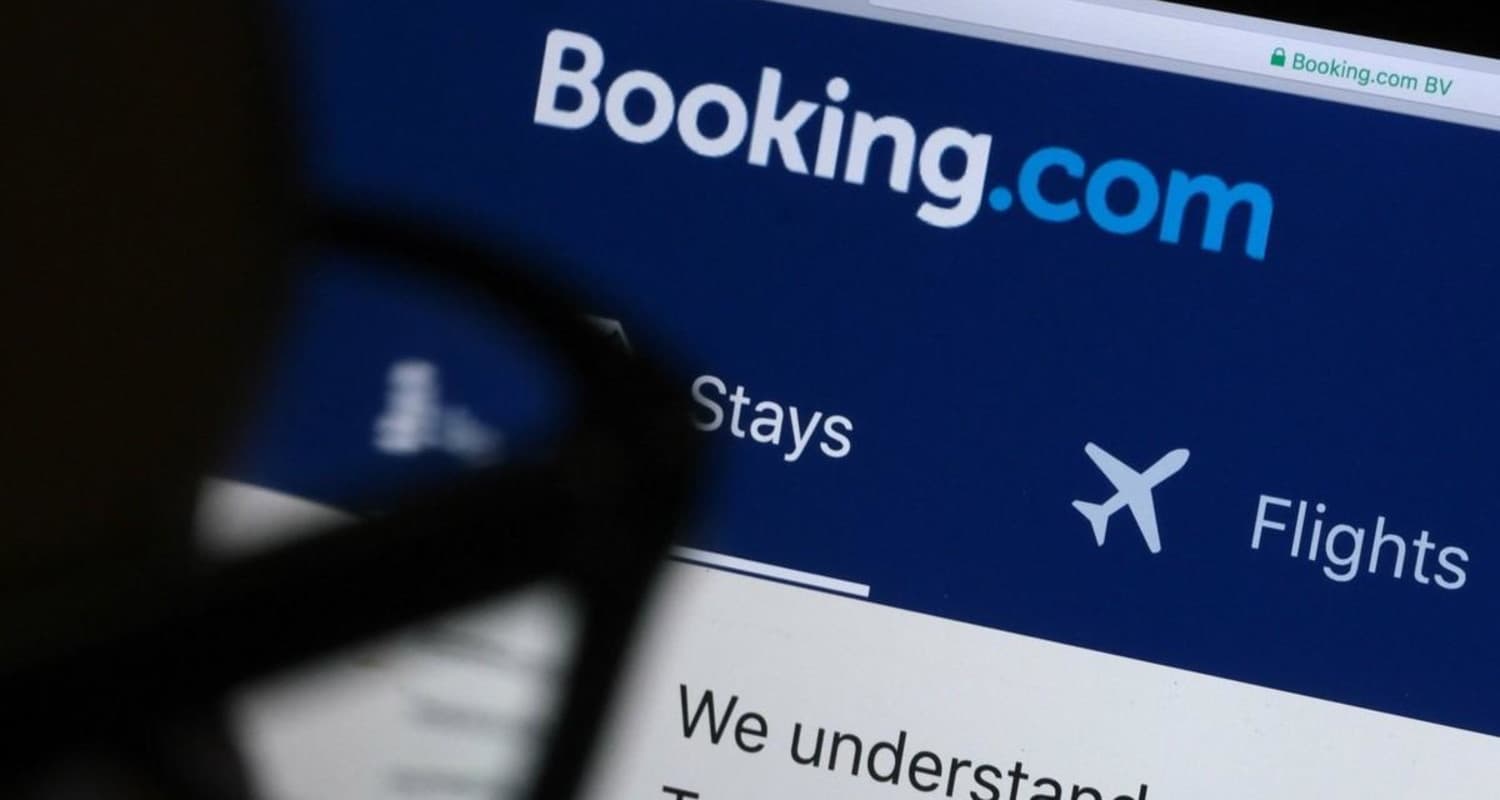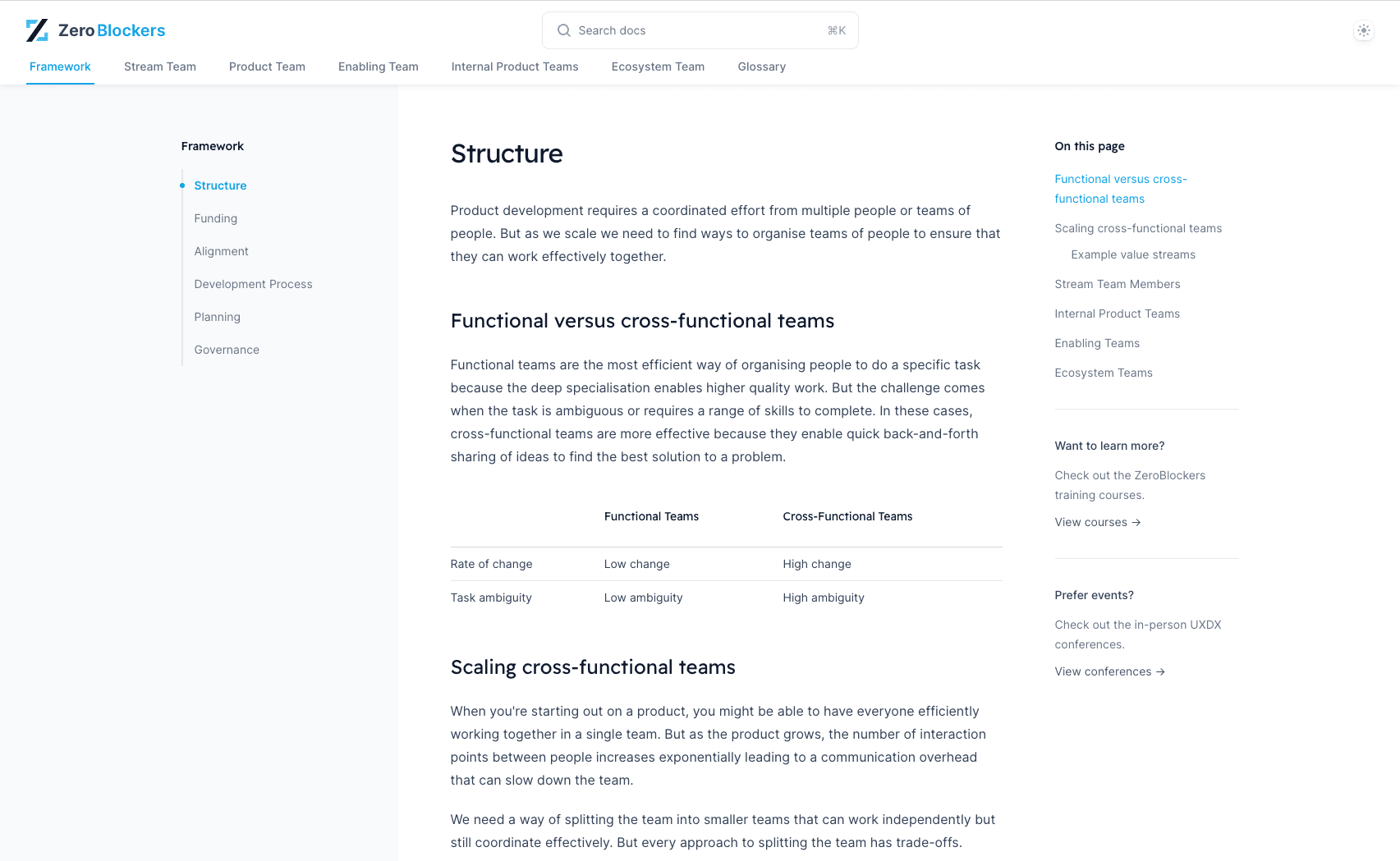Case StudyEnabling Team: Identifying Skill Gaps - Enhancing Team Performance through Skill Gap Identification
Booking.com faced challenges in managing design teams effectively. The core issue was balancing support for individual team members with the overall team’s strategic and operational goals. Frequently, projects would be successfully pitched but struggle during the execution phase due to mismatched skills within the team. This situation led to inefficiencies and affected project outcomes, highlighting the need for a structured approach to identify and address skill gaps within the team.

The Solution
Booking.com introduced a continuous practice of design team modeling focused on a career framework. The approach is divided into several key steps:
- Developing a Career Framework: Vildana and her team created a comprehensive career framework that mapped out the necessary skills and capabilities required at various levels within the design team. This framework served as a benchmark for evaluating both individual and team competencies.
- Individual Skill Assessment: Regular assessments were conducted to evaluate each team member’s current skills against the framework. This process involved self-assessments, peer reviews, and manager evaluations to get a holistic view of each individual’s strengths and areas for improvement.
- Team Capability Analysis: Beyond individual assessments, the collective capabilities of the team were analyzed. This analysis aimed to identify gaps where certain skills were lacking or overrepresented, ensuring a balanced skill set across the team.
- Tailored Development Plans: Based on the assessment results, personalized development plans were created for each team member. These plans included specific actions such as training programs, mentorship opportunities, and project assignments designed to build the required skills.
- Ongoing Monitoring and Adjustment: The process didn’t stop at initial assessments and plans. Continuous monitoring and periodic reassessments ensured that the development plans remained relevant and effective. Adjustments were made as needed to address evolving project demands and individual progress.
Outcomes achieved
The implementation of this structured approach led to significant improvements in team performance and project outcomes at Booking.com:
- Enhanced Individual Growth: Team members experienced clearer career paths and more targeted development, which boosted their confidence and engagement. They were able to focus on specific skills that would advance their careers and contribute more effectively to the team.
- Balanced Team Capabilities: By identifying and addressing skill gaps, the team became more versatile and capable of handling diverse project requirements. This balance reduced bottlenecks and improved the overall efficiency of project execution.
- Improved Project Success Rates: Projects that previously struggled during the execution phase saw marked improvements. With the right skills in place, teams were better equipped to deliver high-quality results on time.
- Strategic Alignment: The alignment between individual development and team goals ensured that personal growth supported strategic objectives. This synergy created a more cohesive and motivated team environment.
- Continuous Improvement Culture: The ongoing nature of the assessment and development process fostered a culture of continuous improvement. Team members became more proactive in seeking out learning opportunities and contributing to the team’s success.
